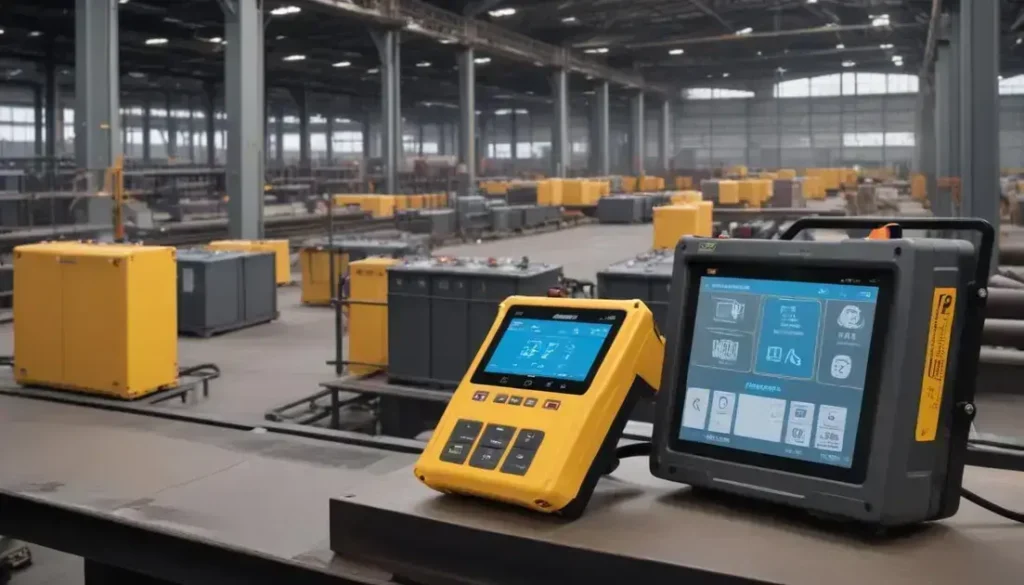Sustainability challenges in agriculture and packaging focus on implementing eco-friendly practices, such as biodegradable materials and circular design, to reduce environmental impact while enhancing business resilience and consumer engagement.
The new sustainability challenges initiative from Mars offers groundbreaking opportunities for businesses across the UK, paving the way for a greener future. Have you considered how sustainability can transform your operations?
Investing in Sustainable Agriculture
Investing in sustainable agriculture is crucial for ensuring a resilient food system. This approach not only focuses on the use of eco-friendly practices but also promotes long-term viability for farmers and the environment. By emphasising methodologies that preserve natural resources, we can significantly reduce carbon footprints and enhance biodiversity.
One significant method of sustainable farming involves crop rotation, which improves soil health and reduces pest populations. Diversifying crop types can lead to enhanced resilience against climate change, thereby securing stability for farmers. Additionally, integrating livestock with crop production can create a symbiotic relationship, where animals contribute to soil fertility and help maintain ecosystems.
Another innovative technique is the adoption of precision farming. This technology uses data analytics to optimise field-level management, ensuring that resources are allocated efficiently. The application of drones, sensors, and satellite imaging allows for real-time monitoring of crop conditions, leading to higher yields while minimising waste.
Moreover, supporting local food systems fosters community resilience and reduces dependency on long supply chains. By investing in local farmers’ markets and community-supported agriculture, consumers can contribute to their local economies while enjoying fresh produce.
Innovative Approaches to Circular Packaging
Innovative approaches to circular packaging are reshaping the way businesses manage their resources and approach sustainability. This concept revolves around designing packaging that does not just serve a purpose but is also capable of being reused, recycled, or composted, thus minimizing waste.
One key strategy in circular packaging is the use of biodegradable materials. Unlike conventional plastics, these materials break down naturally, reducing the environmental impact. Companies are now investing in compostable options that return nutrients to the soil, promoting a healthier ecosystem.
Another effective method is modular packaging design, which allows consumers to separate packaging components easily for recycling. This approach not only enhances the recycling process but also encourages consumers to take part in sustainability efforts, making them more aware of their environmental footprints.
Technology plays a crucial role in the advancement of circular packaging. Innovations such as smart labels provide information on how to recycle or dispose of products properly. This educational aspect assists consumers in making informed choices, ultimately driving demand for sustainable solutions.
In conclusion, embracing sustainability in agriculture and packaging is vital
As we’ve seen, investing in sustainable agriculture and circular packaging offers numerous benefits. These approaches not only protect our environment but also help businesses succeed in a competitive market.
By adopting practices like crop rotation and using biodegradable materials, companies can enhance their operations while contributing to a healthier planet. Additionally, innovative designs and technologies can engage consumers, making them active participants in sustainability efforts.
This commitment to sustainability is more than just a trend; it’s a necessary shift towards a better future for everyone. By working together, we can create a world where both businesses and the environment thrive.
Frequently Asked Questions
What are the benefits of sustainable agriculture?
Sustainable agriculture helps protect the environment, improves soil health, and enhances food security by using eco-friendly practices.
How does circular packaging contribute to sustainability?
Circular packaging reduces waste by being reusable, recyclable, or biodegradable, which helps lower the overall environmental impact.
Can technology support sustainable practices in agriculture?
Yes, technology such as drones and smart sensors can optimize farming practices, leading to increased efficiency and reduced resource usage.
What materials are considered biodegradable for packaging?
Biodegradable materials include those made from natural substances like corn starch, which break down over time and are better for the environment.
How can consumers participate in circular packaging initiatives?
Consumers can support circular packaging by choosing products with eco-friendly packaging and properly disposing of or recycling these materials.
Why is it important for businesses to adopt sustainable practices?
Adopting sustainable practices can improve brand reputation, attract environmentally conscious customers, and ultimately lead to cost savings.


